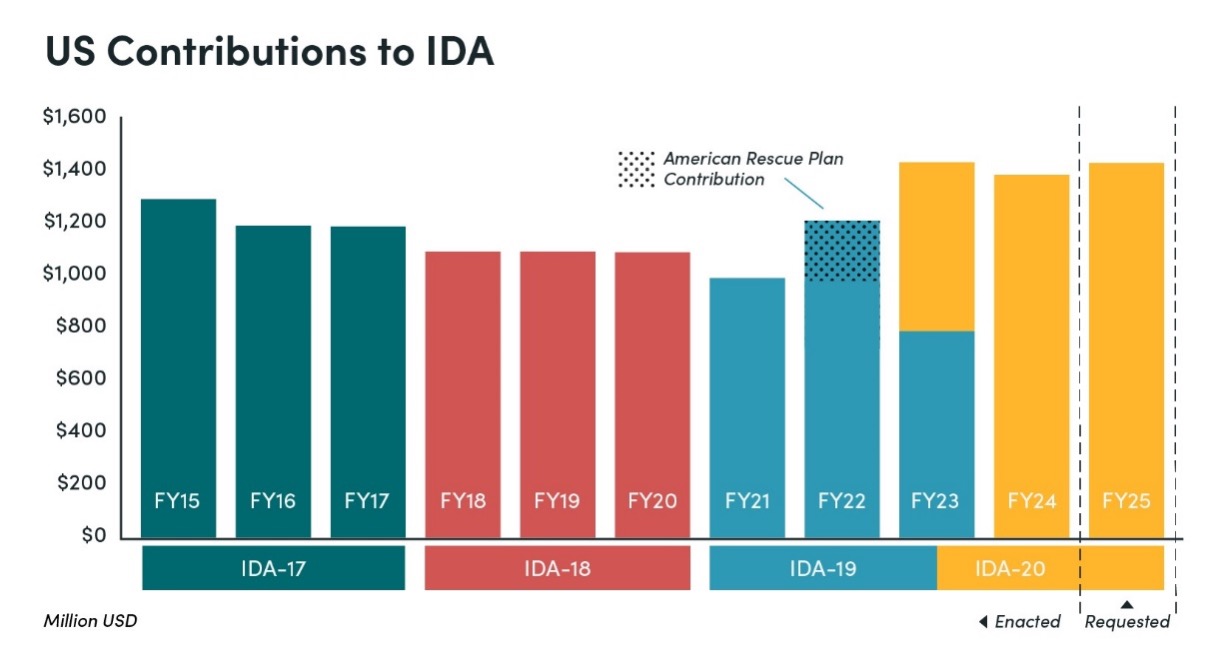This is a joint post with Julia Barmeier.
Tuesday, June 15 marks the last day that the board of the United Nations Educational, Scientific, and Cultural Organization (UNESCO) can object to the UNESCO-Obiang International Prize for Research in the Life Sciences, which is made possible by a $3 million grant given to UNESCO by Equatorial Guinea’s dictator of 31 years—Obiang Nguema Mbasogo. As we
blogged earlier, UNESCO gets to keep half of the money as a finder’s fee for identifying the winner. If the award ceremony does go forward, Obiang plans to attend, along with UNESCO's director-general, Irina Bokova.
The Paris meeting, that convenes 58 countries, is chaired by Russia, and is the last chance to cancel the prize before the official award ceremony, which is scheduled for late June. According to
Human Rights Watch, it is not just the chair but also the six vice-chairs of UNESCO's board - Argentina, Cote d'Ivoire, Germany, Japan, Latvia, and Morocco - that coordinate regional voting blocs and will therefore play a critical role.
Obiang is one of the world’s worst dictators. Endowing the prize is not the only action he has taken in recent months to boost his international standing. He has hired U.S. public relations firm
Qorvis Communications to issue press releases on behalf of the government. He is reported to be desperate to improve the reputation of his son and presumed successor, who was the subject of a
Senate investigation report issued this year.
We recently received an e-mail from Qorvis indicating that the Equatorial Guinea Ministry of Health and Social Welfare will sponsor a two-year nursing assistant course in collaboration with the Spanish Cooperation and the Cuban Brigade to improve the health of citizens. Another e-mail announced that the Minister of Education was ending his congratulations to Michigan's Teacher of the Year, an immigrant from Equatorial Guinea. None of this will erase decades of neglect of the health and education sectors under Obiang’s rule. Child mortality is among the world’s highest, at 147.5 deaths per 1000 children. Primary school completion rates have stagnated at around 50 percent for the past 30 years.
Obiang addressed the controversy surrounding the prize in a
video on YouTube. In it he said that he dedicated funds to create the UNESCO prize to promote scientific research that helps “preserve human life.” If Obiang is serious about preserving human life, he should return the millions of dollars of oil revenues he has stolen, make significant investments in health, education, and infrastructure, and hold free and fair elections. In the meantime, we urge UNESCO’s board members, including U.S. Permanent Representative
David Killion, to vote to reject Obiang’s money at next Tuesday's board meeting in Paris.
CGD blog posts reflect the views of the authors, drawing on prior research and experience in their areas of expertise.
CGD is a nonpartisan, independent organization and does not take institutional positions.





